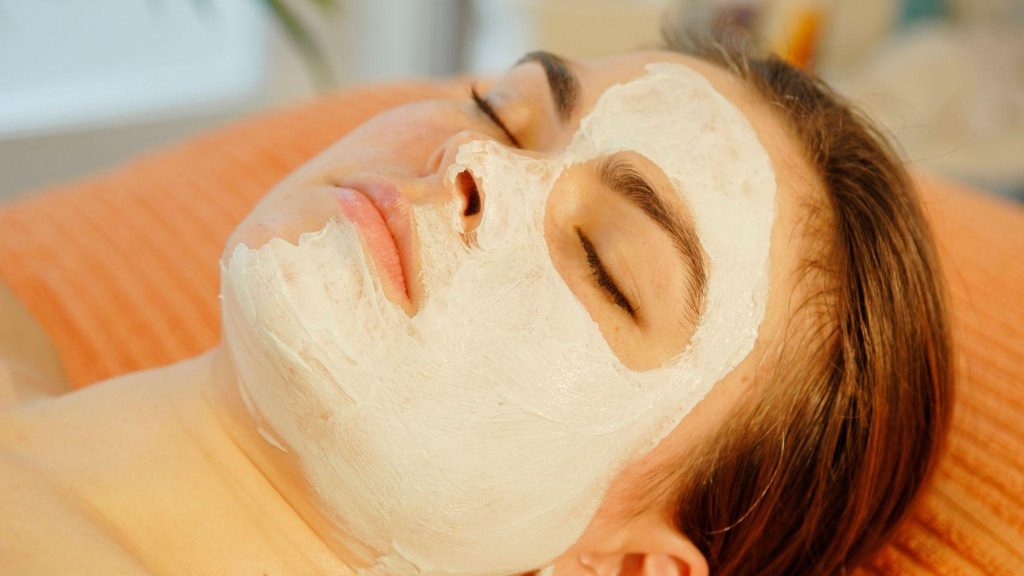Hydration plays a pivotal role in any anti-wrinkle treatment regimen, serving as a cornerstone for maintaining skin health and vitality. The skin, our body’s largest organ, undergoes constant exposure to environmental stressors such as pollution, UV radiation, and fluctuating temperatures, all of which can contribute to premature aging and the formation of wrinkles. However, ensuring adequate hydration can help fortify the skin’s natural barrier, enhancing its resilience against these external aggressors. One of the primary mechanisms through which hydration combats wrinkles is by promoting optimal skin elasticity. When the skin is adequately hydrated, it appears plump, supple, and resilient. Conversely, dehydration can lead to a lackluster complexion, exacerbating the appearance of fine lines and wrinkles. By maintaining optimal moisture levels, hydration helps to support the skin’s structure, preventing it from becoming dry and brittle, which can accentuate the visibility of wrinkles.

Furthermore, hydration facilitates the skin’s natural regeneration process, aiding in the turnover of dead skin cells and promoting the synthesis of collagen and elastin two essential proteins responsible for maintaining skin firmness and elasticity. Collagen, in particular, is abundant in the dermis and provides structural support to the skin, helping to minimize the appearance of wrinkles and fine lines. However, collagen production naturally declines with age, making hydration all the more crucial in preserving youthful-looking skin. In addition to its intrinsic benefits, hydration can also enhance the efficacy of other anti-wrinkle treatments. Moisturizers and serums infused with hydrating ingredients such as hyaluronic acid, glycerin, and ceramides form a protective barrier over the skin, sealing in moisture and preventing trans epidermal water loss. This not only helps to maintain hydration levels but also enhances the absorption of active ingredients, allowing them to penetrate deeper into the skin where they can exert their anti-aging effects more effectively.
Moreover, proper hydration can mitigate the detrimental effects of lifestyle factors that contribute to skin aging, such as smoking, poor dietary habits, and stress. These factors can compromise the skin’s barrier function and accelerate the formation of wrinkles. However, by replenishing moisture levels through adequate hydration, individuals can mitigate some of these effects, promoting healthier, more youthful-looking skin over time. It is important to note that hydration is not solely reliant on external skincare products. Maintaining adequate hydration levels from within is equally essential for supporting overall skin health and do you want more info visit our site. Drinking an ample amount of water throughout the day helps to hydrate the body from the inside out, flushing out toxins and promoting cellular turnover. Additionally, consuming a balanced diet rich in fruits, vegetables, and omega-3 fatty acids can provide the necessary nutrients to support optimal skin hydration and combat the signs of aging. Hydration plays a multifaceted role in anti-wrinkle treatment, offering both intrinsic and extrinsic benefits for maintaining youthful, radiant skin. By prioritizing hydration through skincare products, dietary choices, and lifestyle habits, individuals can bolster the skin’s natural defenses against aging and promote a more vibrant complexion for years to come.